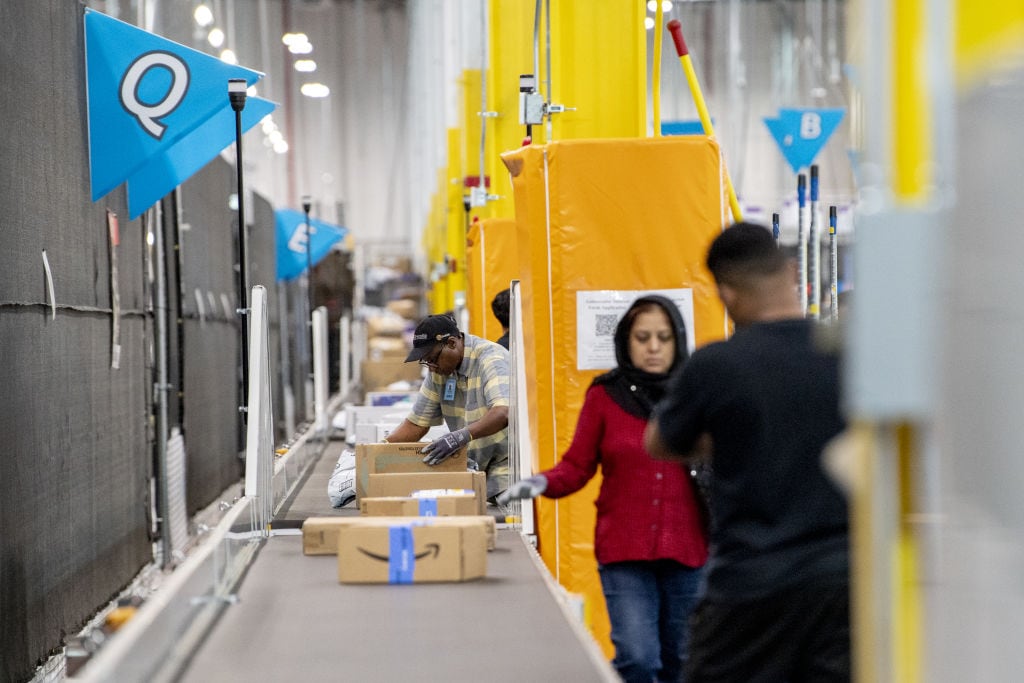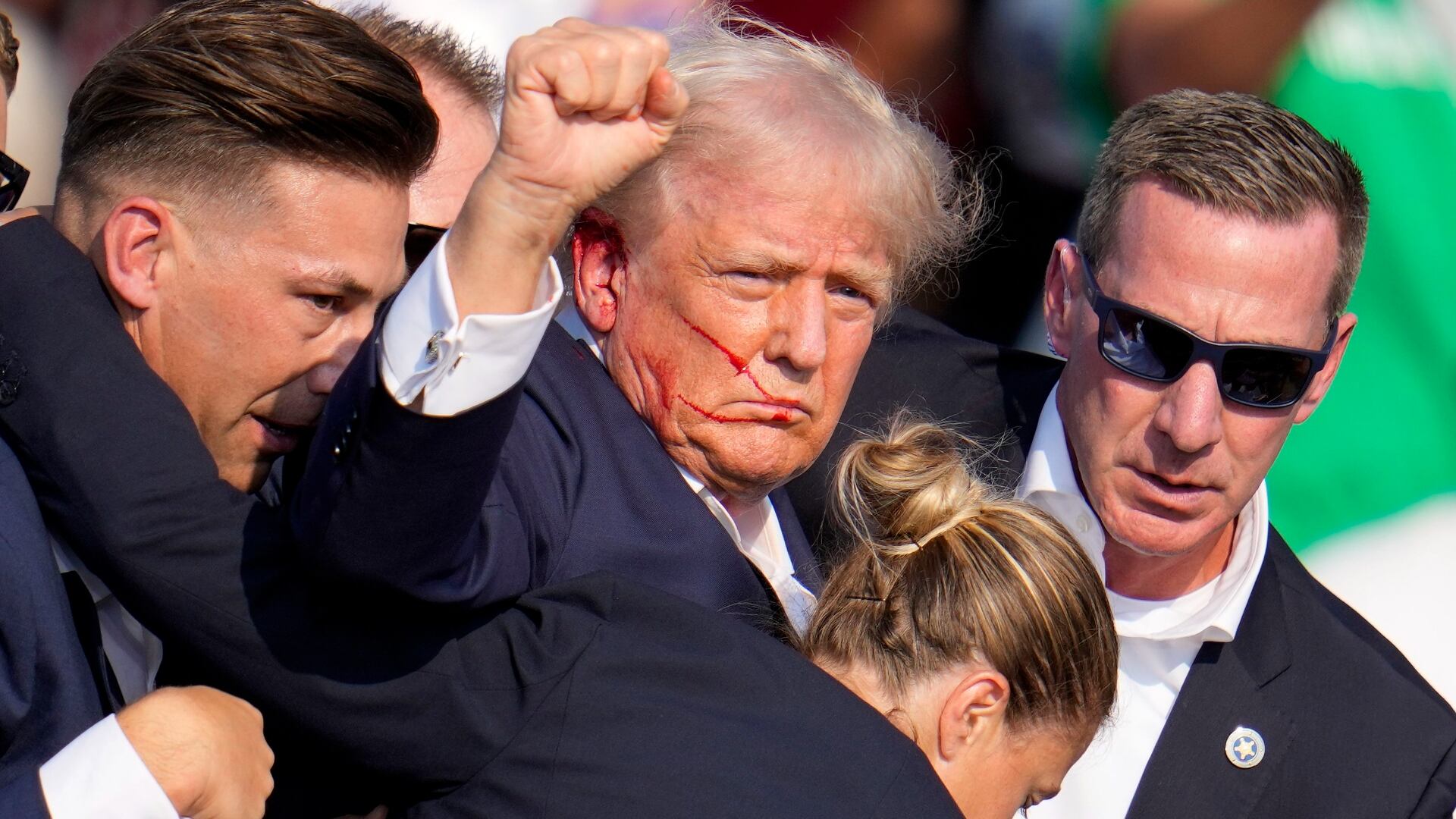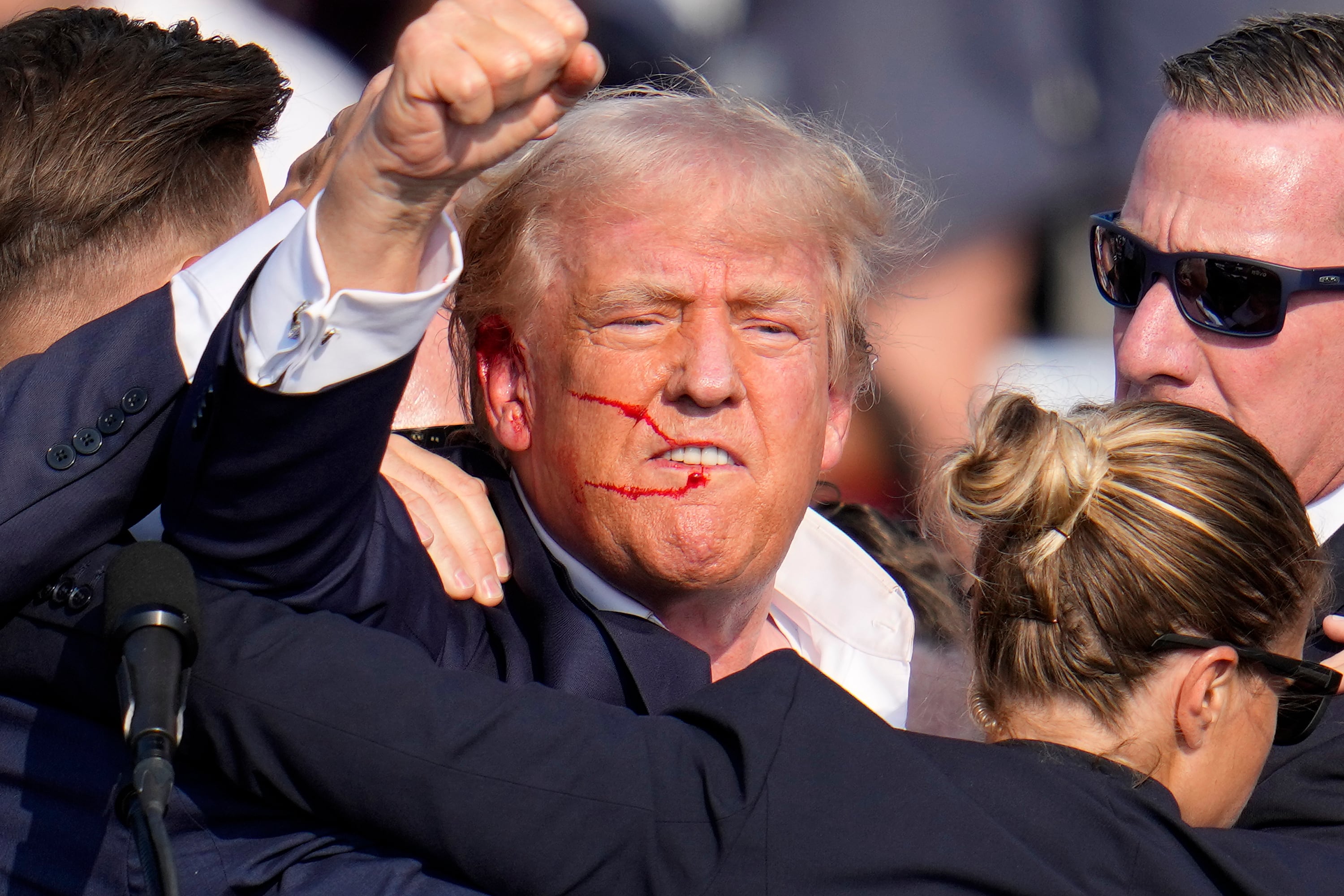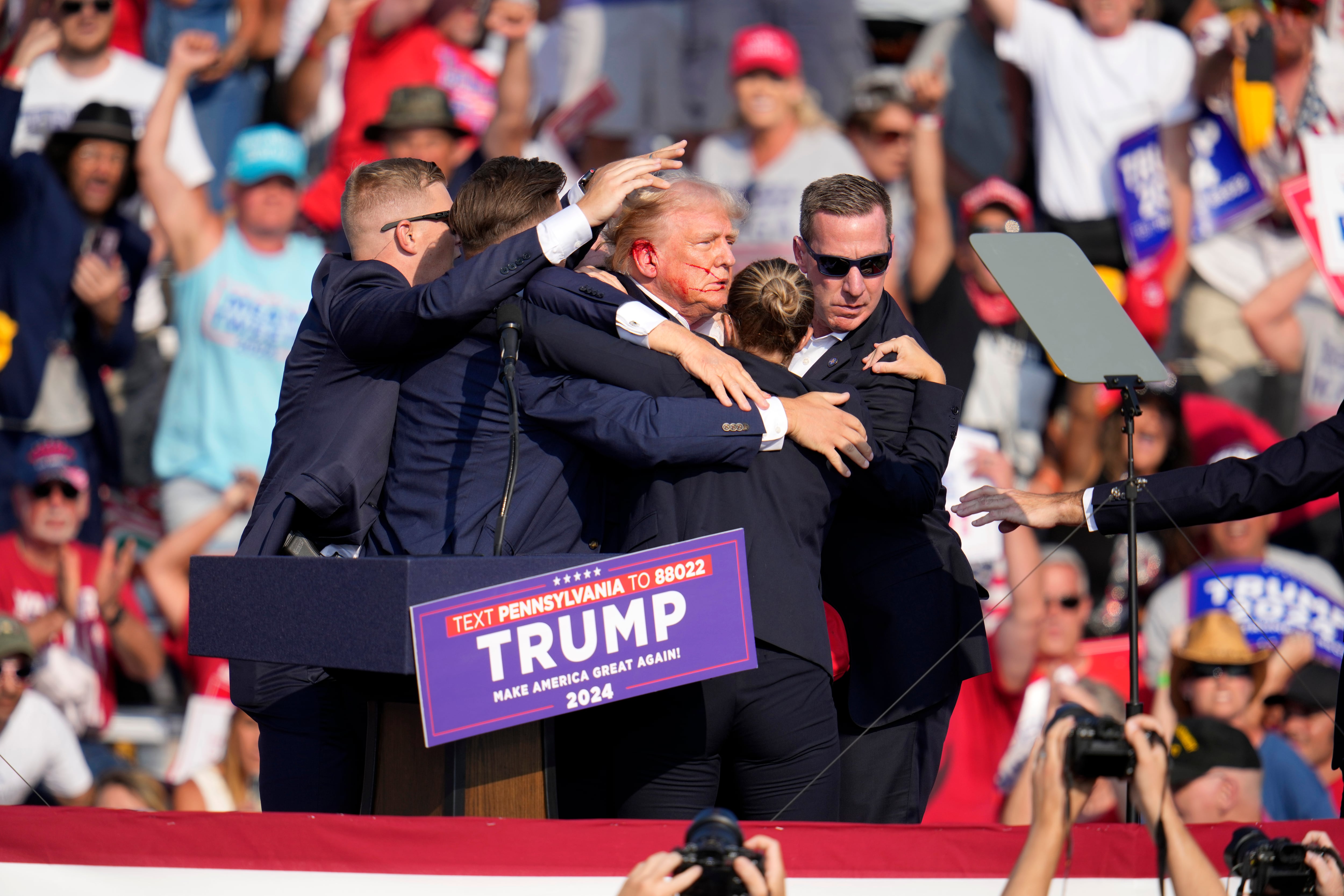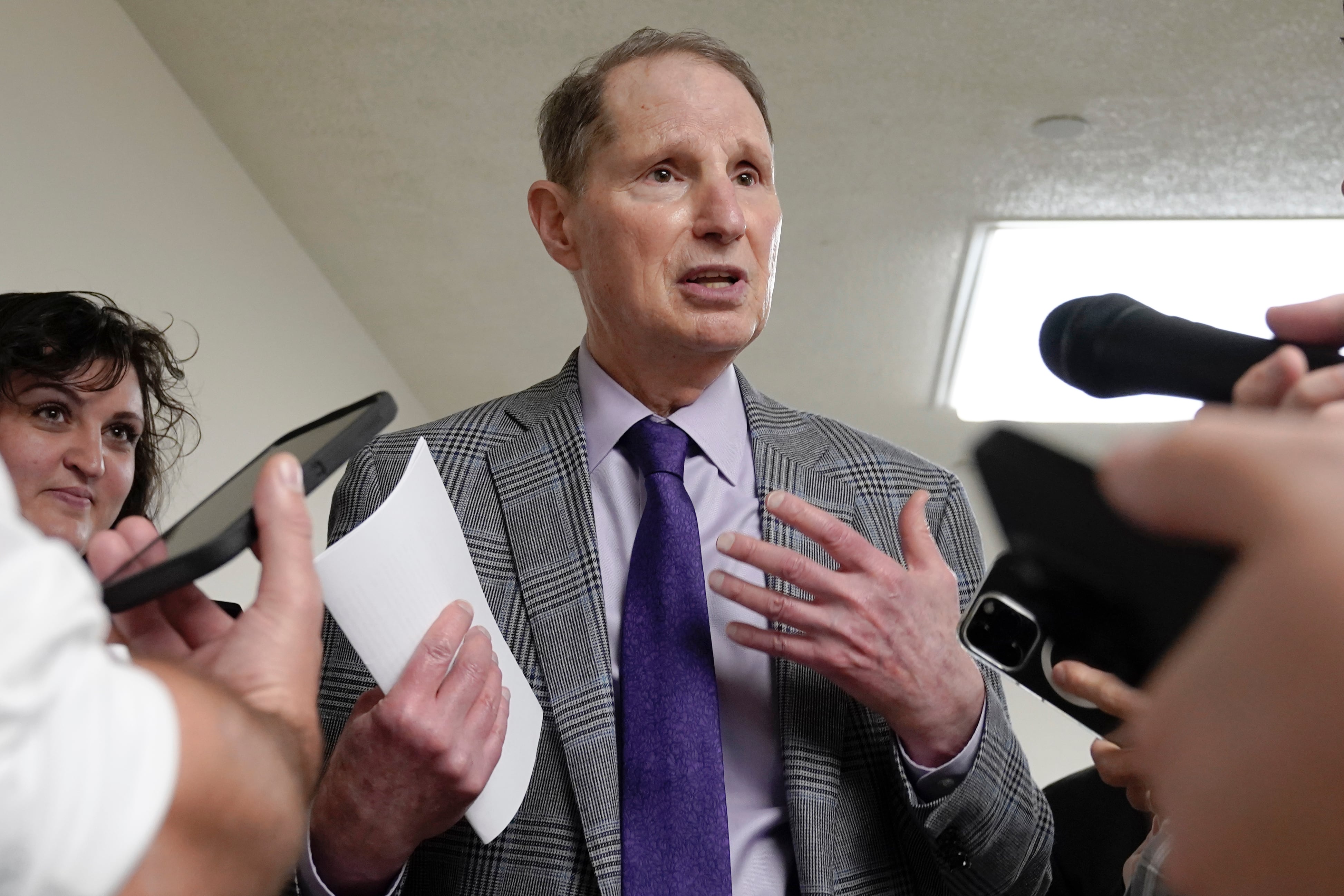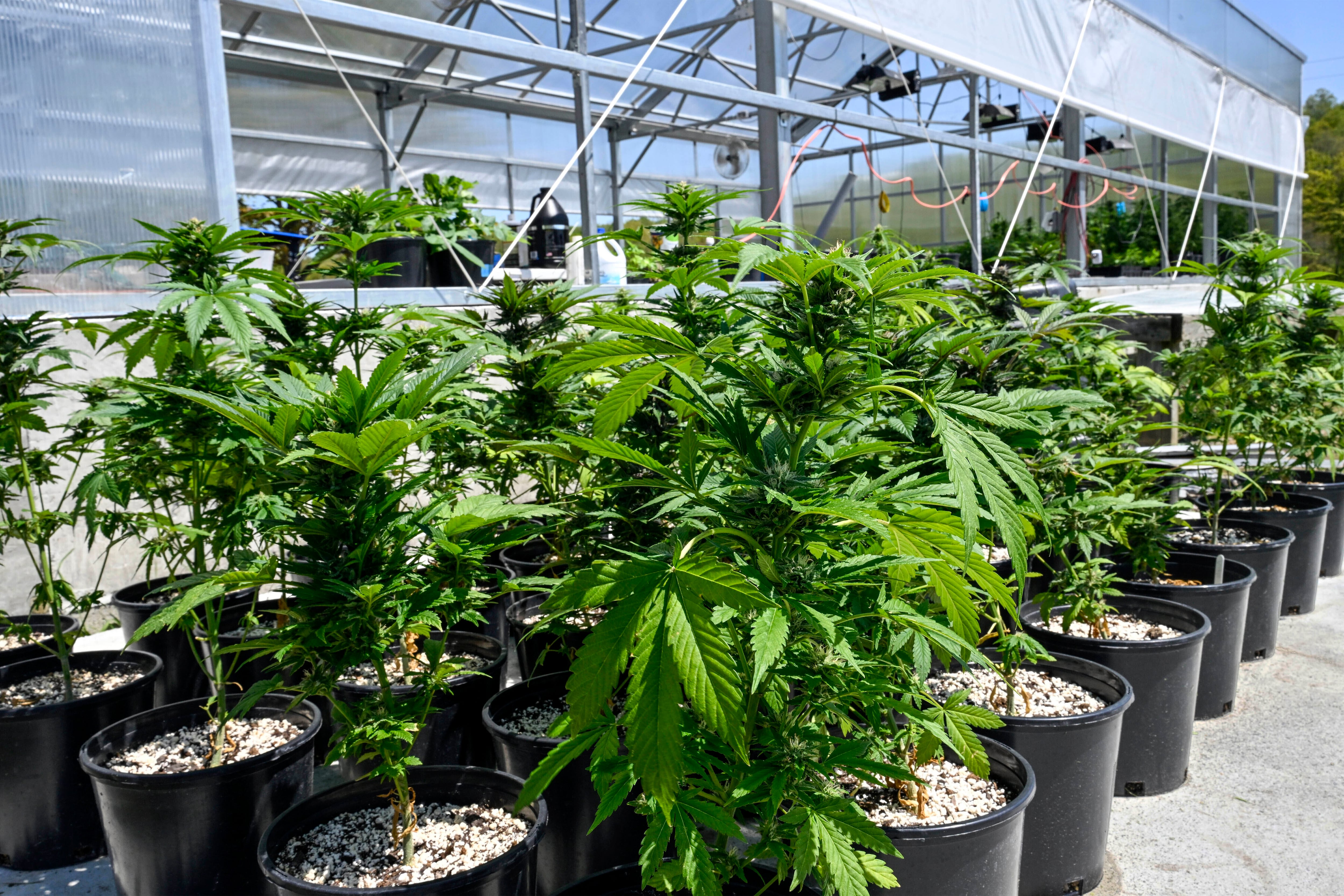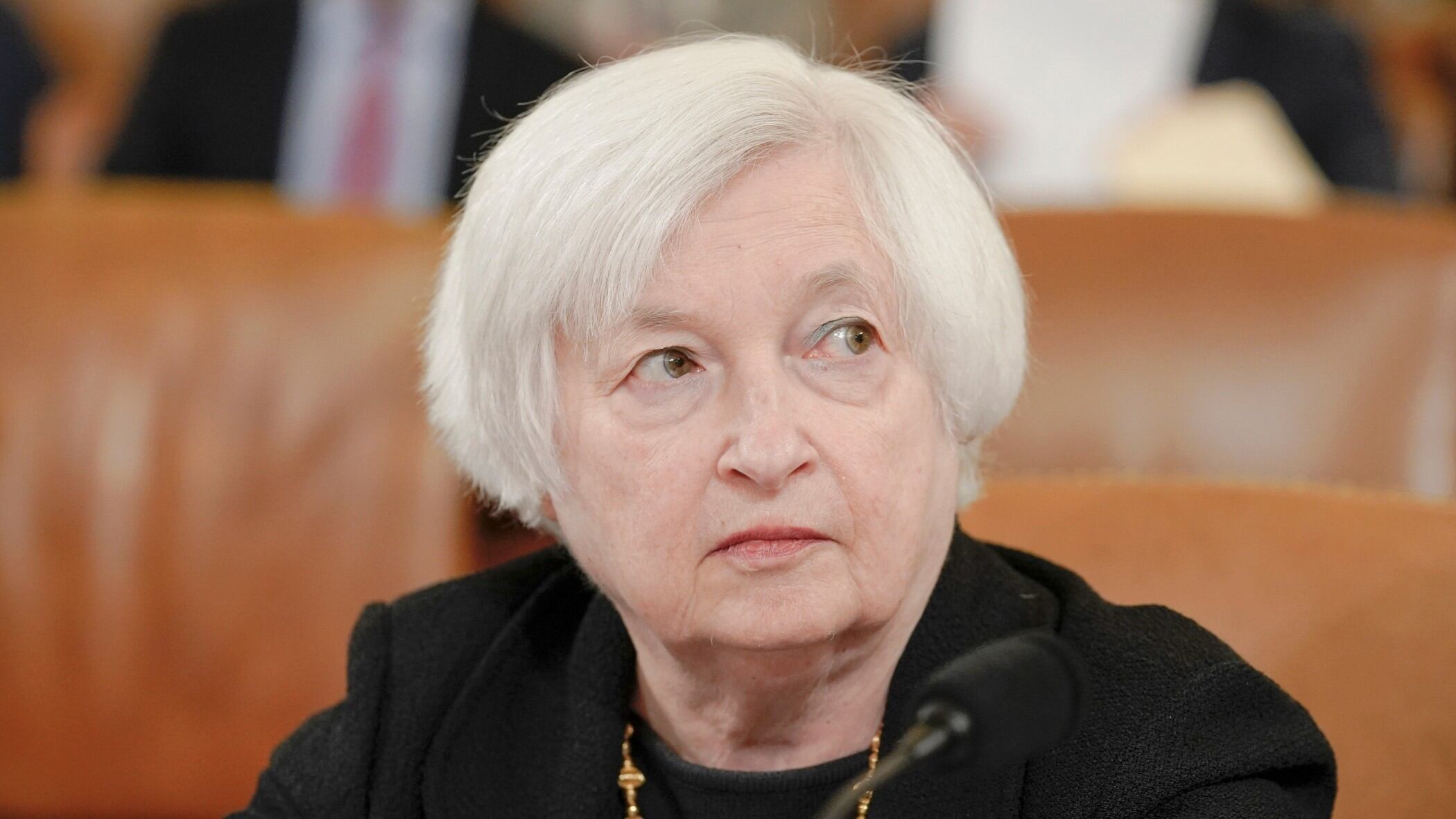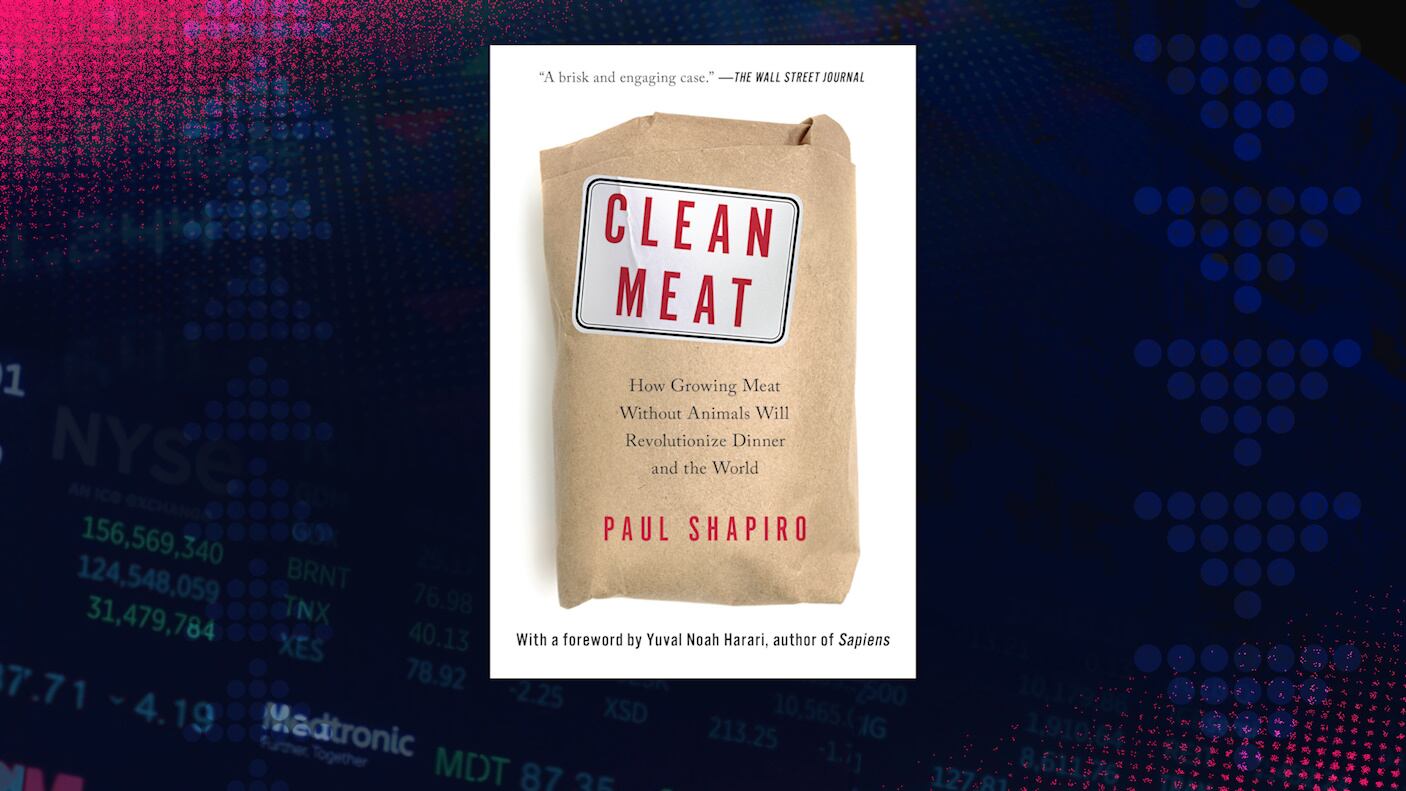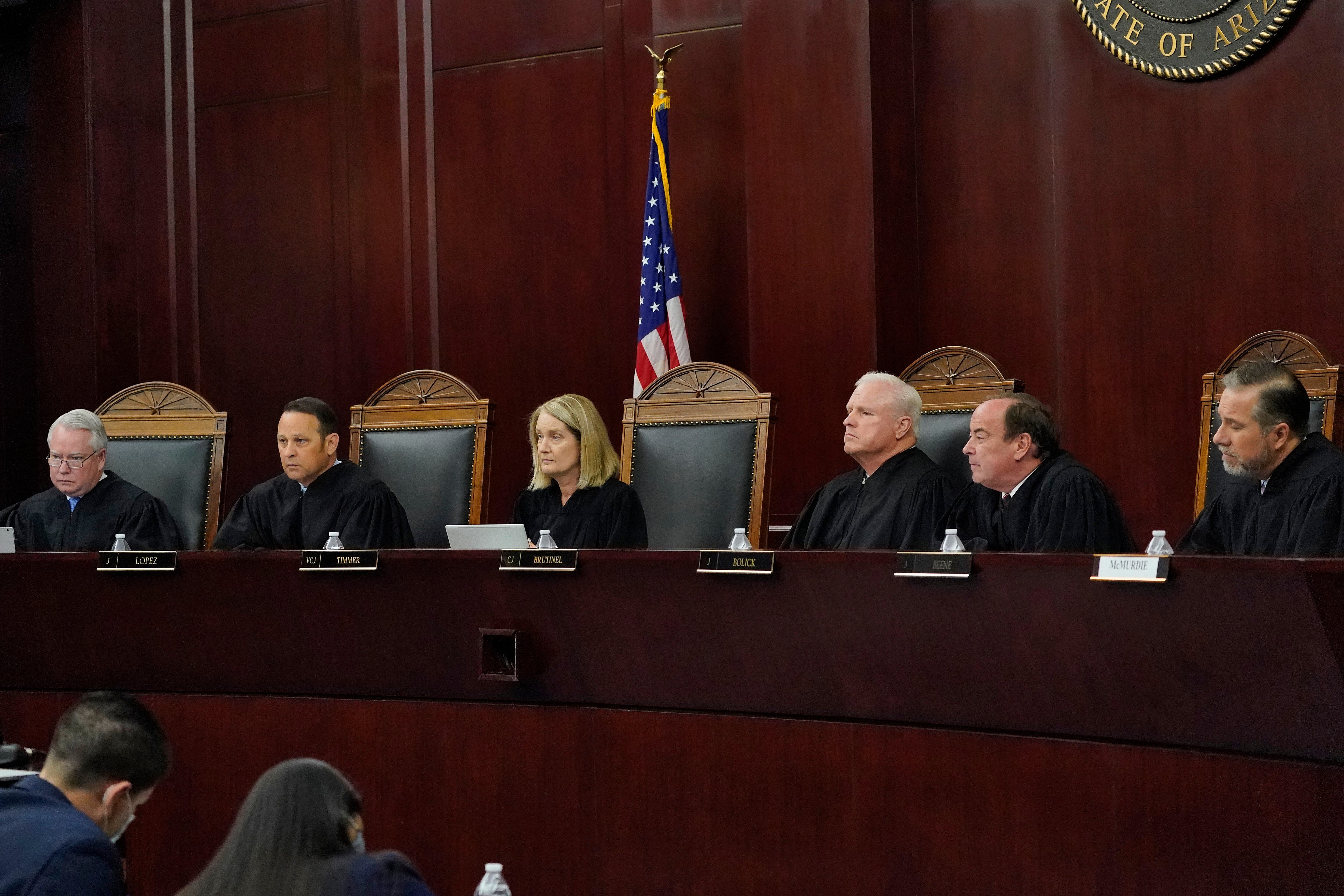By Jill Colvin and Darline Superville
At the end of a week officials had warned would be this generation's Pearl Harbor, White House officials pointed to hopeful signs Friday that the spread of the coronavirus could be slowing, even as President Donald Trump insisted he would not move to reopen the country until it is safe.
At the same time, Trump said he would be announcing the launch of what he dubbed the "Opening Our Country" task force next Tuesday to work toward that goal.
"I want to get it open as soon as possible," he said at a Good Friday briefing while adding: "The facts are going to determine what I do."
With the economy reeling and job losses soaring, Trump has been itching to reopen the country, drawing alarm from health experts who warn that doing so too quickly could spark a deadly resurgence that could undermine current distancing efforts.
But Trump, who had once set Easter Sunday as the date he hoped people in certain parts of the country might begin to return to work and pack church pews, said he would continue to listen to health experts like Drs. Anthony Fauci and Deborah Birx as he considers what he described as the "biggest decision I've ever had to make."
"I listen to them about everything," he claimed, adding: "We're not doing anything until we know that this country is going be healthy. We don't want to go back and start doing it over again."
Trump's comments came at the end of a week that officials had warned would be a devastating one for the country. Hours earlier, Johns Hopkins University announced that the worldwide death toll from the coronavirus had hit a bleak milestone: 100,000 people. That includes about 18,000 in the U.S., where about half-million people have been confirmed infected.
More than 40 percent of the deaths in the U.S so far have happened in New York state, which reported 777 new deaths on Friday.
But there were also signs of hope, with state officials reporting that the number of people in intensive care dropped for the first time there since mid-March. Hospitalizations are also slowing, with 290 new patients admitted in a single day versus daily increases of more than 1,000 last week.
While bemoaning the death numbers as "so horrible," Trump also said, "Tremendous progress is being made."
"In the midst of grief and pain, we're seeing clear signs that our aggressive strategy is saving countless lives," he said, pointing to models that are now forecasting far fewer U.S. deaths than had originally been predicted.
Health experts have warned, however, that if the country rolls back restrictions too quickly, case levels could once again begin to soar, especially without widespread testing to determine who might be a carrier of the virus. While the new coronavirus causes mild or moderate symptoms for most people, for some, especially older adults and people with existing health problems, it can cause more severe illness or death. And research has shown that people can be highly infectious even if they are not displaying symptoms.
"When we decide, at a proper time, when we're going to be relaxing some of the restrictions, there's no doubt you're going to see cases," he said. "The question is how you respond to them."

